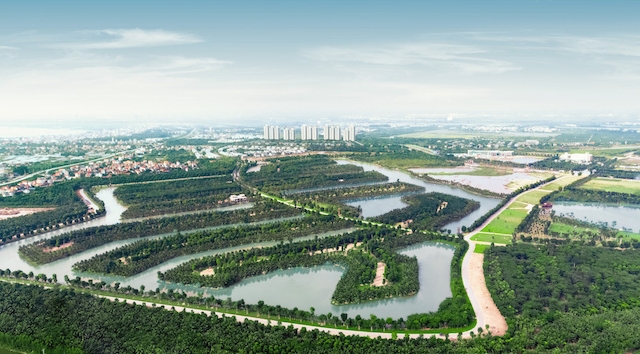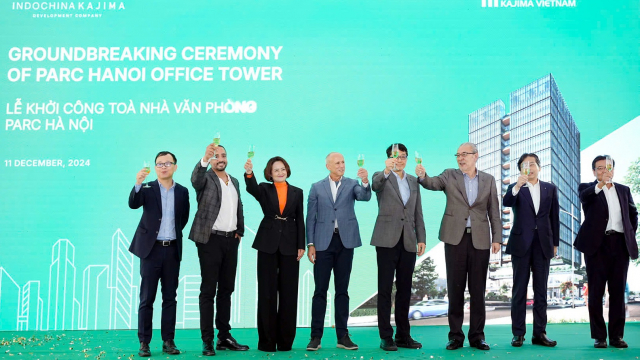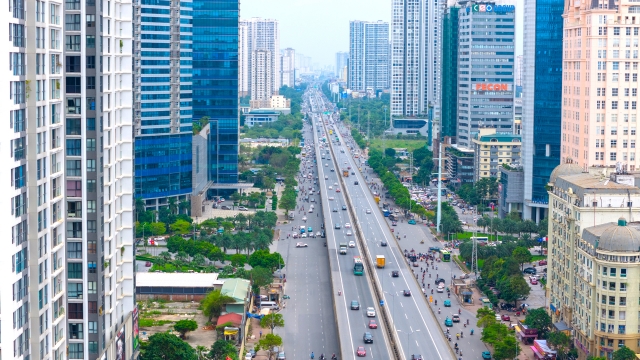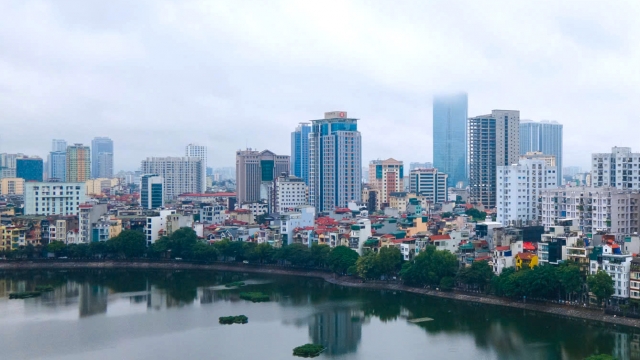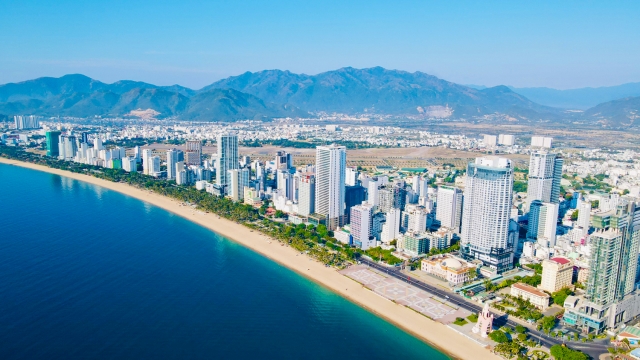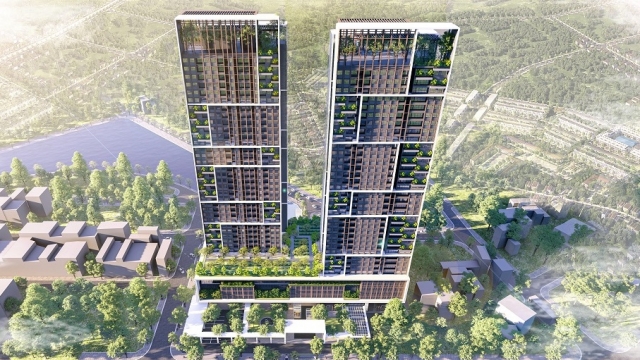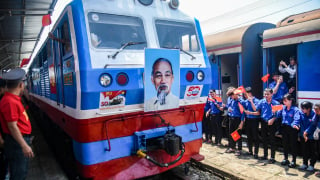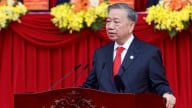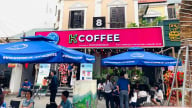Property
Foreign investors seek to acquire operating hotel assets
Domestic investors demand on hotel investments has been growing in recent years, bringing fierce competition with foreign ones.
According to global real estate consultancy JLL’s observation, foreign and domestics investors in Vietnam are showing the difference in their investment tastes.
While foreign investors are actively seeking investment opportunities with higher returns in the country via operating hotel assets with in-place cash flow, the majority of domestic investors are interested in developing hotels and resorts from vacant land banks.
In Vietnam, selling price is more expensive than this given the amount of capital that there is to be allocated the market, especially from those still able to achieve cheap corporate debt from 2-4 per cent in countries such as Japan, Korea, Hong Kong and Singapore, said Trang Vo, Vice President of JLL Hotels & Hospitality Asia Pacific.
In current market situation, the yield recorded in successful transactions could be compressed to 7-8 per cent dependent on the asset types and investment strategy. It is noted that the 8 per cent is lower than the loan in Vietnam though and hence why most local groups focused on development where returns may be higher.

Trang added that JLL also witnessed domestic investors demand on hotel investments has been growing in recent years.
With the advantages of geographic and economic understanding as well as the domestic political situation, domestic investors are willing to pursue deals of great transaction value, bringing fierce competition with foreign investors.
Regarding to investment destination in Vietnam, Hanoi and Ho Chi Minh City are expected to remain as the top two cities on the radar, followed by Da Nang and Nha Trang, the two famous coastal destinations.
It is recognised that hotel in the city center will bring higher and more stable cash flow than coastal resorts and hotels.
According to JLL, the hotel transaction market has shown signs of exciting in 2019.
Some outstanding successful transactions in the market this year include Ho Tram Grand Strip resort which has been sold to Warburg Pincus investment fund and Berjaya Group successfully transferred 75 per cent of TPC Nghi Tam Company's shares.
The village owns the Intercontinental Hotel with a value of more than $53.4 million for domestic hotel investors, Hanoi Hotel Tourism Development Co., Ltd.
In addition, JLL has also successfully consulted a five-star hotel transaction in Nha Trang city, Khanh Hoa province recently.
In the region, Asia Pacific’s hotel transaction volumes are expected to increase by 25 to 30 per cent year-on-year to more than $11 billion in 2019.
“Despite a cautious economic climate and wider political headwinds, hotels in the Asia Pacific present an attractive yield profile amid booming tourism demand, in the context of falling interest rates and bond yields,” says Adam Bury, Executive Vice President, JLL Hotels & Hospitality Asia Pacific.
Much demand this year has been buoyed by private equity firms, developers and domestic clients.
According to JLL, the first nine months of the year have already seen $7.8 billion worth of hotel investments in the region. Thanks to Japan and its series of mega-events such as the 2019 Rugby World Cup, 2020 Tokyo Olympic Games, and 2025 World Expo, the country has reached close to $3 billion of transaction volumes so far.
Across the region, the hotel market outlook remains positive. Over in China, softening office leasing demand and sluggish retail sales have turned investors’ attention towards hotels, where trading performance has been resilient.
JLL defines keys to sustainable integrated development in Vietnam
Indochina Kajima breaks ground on Grade A office building in Hanoi’s emerging hub
Parc Hanoi marks Indochina Kajima's first office-for-lease project in its $1 billion investment plan in Vietnam.
Hanoi's property boom: Will the housing price surge ever stop?
While the average price of apartments in Hanoi has reached new heights, with supply primarily concentrated in the premium and luxury segments, there are still no signs of a price slowdown.
Luxury apartment prices soar in Hanoi amid supply shortage
The supply of luxury apartments in central Hanoi is becoming increasingly scarce, pushing starting prices to new highs.
Revitalizing Vietnam’s hospitality sector: A shift in branding
Vietnam's hospitality industry is undergoing a major transformation with a brand repositioning strategy that emphasizes unique, sustainable, and community-focused experiences.
Hanoi’s apartment market surges as prices hit new heights
High demand and limited supply drive transactions in major urban areas despite soaring costs.
Real estate sector anticipates new investment wave
Despite the real estate market's lackluster performance, several companies are accelerating land acquisition efforts.















